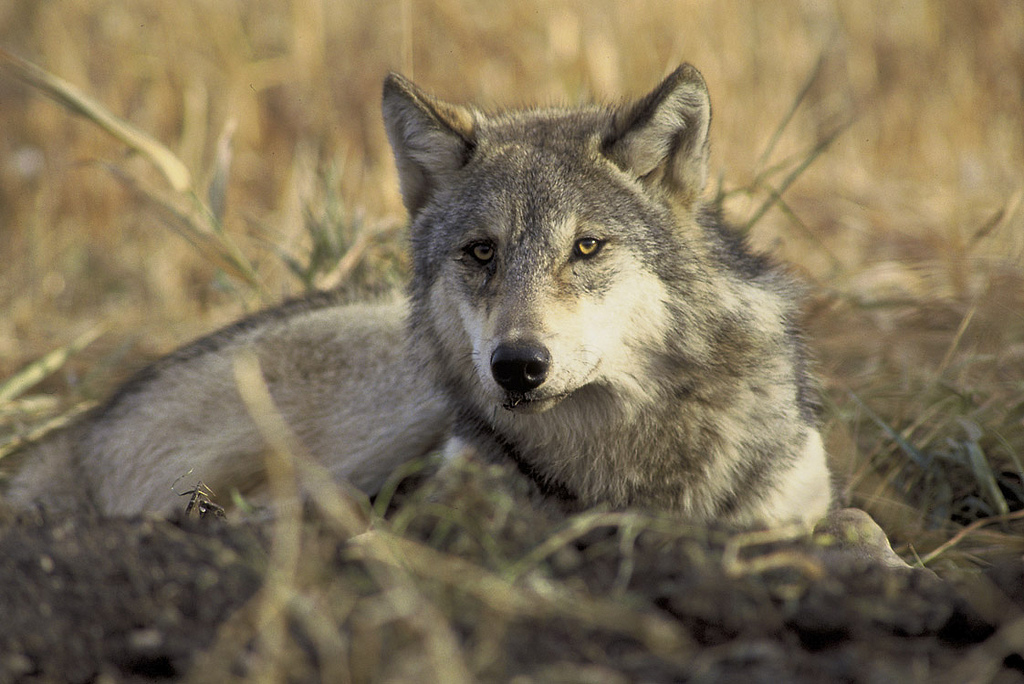
Colorado Attorney General Phil Weiser joined a lawsuit Wednesday challenging the decision by the Trump administration to change enforcement of the Endangered Species Act.
"We want to make sure that we protect wildlife in those categories where they're really at risk and need to be given the protection that the law calls for," Weiser said. "That's what we're standing up for in this action."
The new rules include ending automatic protections for threatened species, allowing agencies to consider the economic impacts of listing species, changing how listing agencies consult with one another, and making it more difficult to designate critical habitats.
"We live in a fragile ecosystem and in a time of climate change, preserving wildlife and different species is becoming more delicate and important," Weiser said. "We are seeing changes in our natural environment -- wildfires, droughts, extreme weather. We can't afford to start taking more risks of losing species that once they're extinct, they're gone. We can't bring them back."
The rules were announced in August by the Interior and Commerce departments, which are charged with protecting endangered wildlife. According to a press release from the Interior, the primary purposes of the rule changes are to "increase transparency and effectiveness and bring the administration of the act into the 21st century."
In 1973, then President Richard Nixon signed the act into law. Since its inception, 99 percent of species protected by it have avoided extinction. The bald eagle, American peregrine falcon, and the American alligator have all been successfully recovered and removed from the endangered species list because of the Endangered Species Act.
The law currently protects more than 1,600 species in the United States.
Colorado joined the lawsuit with 18 other states including California, Massachusetts and New York.









